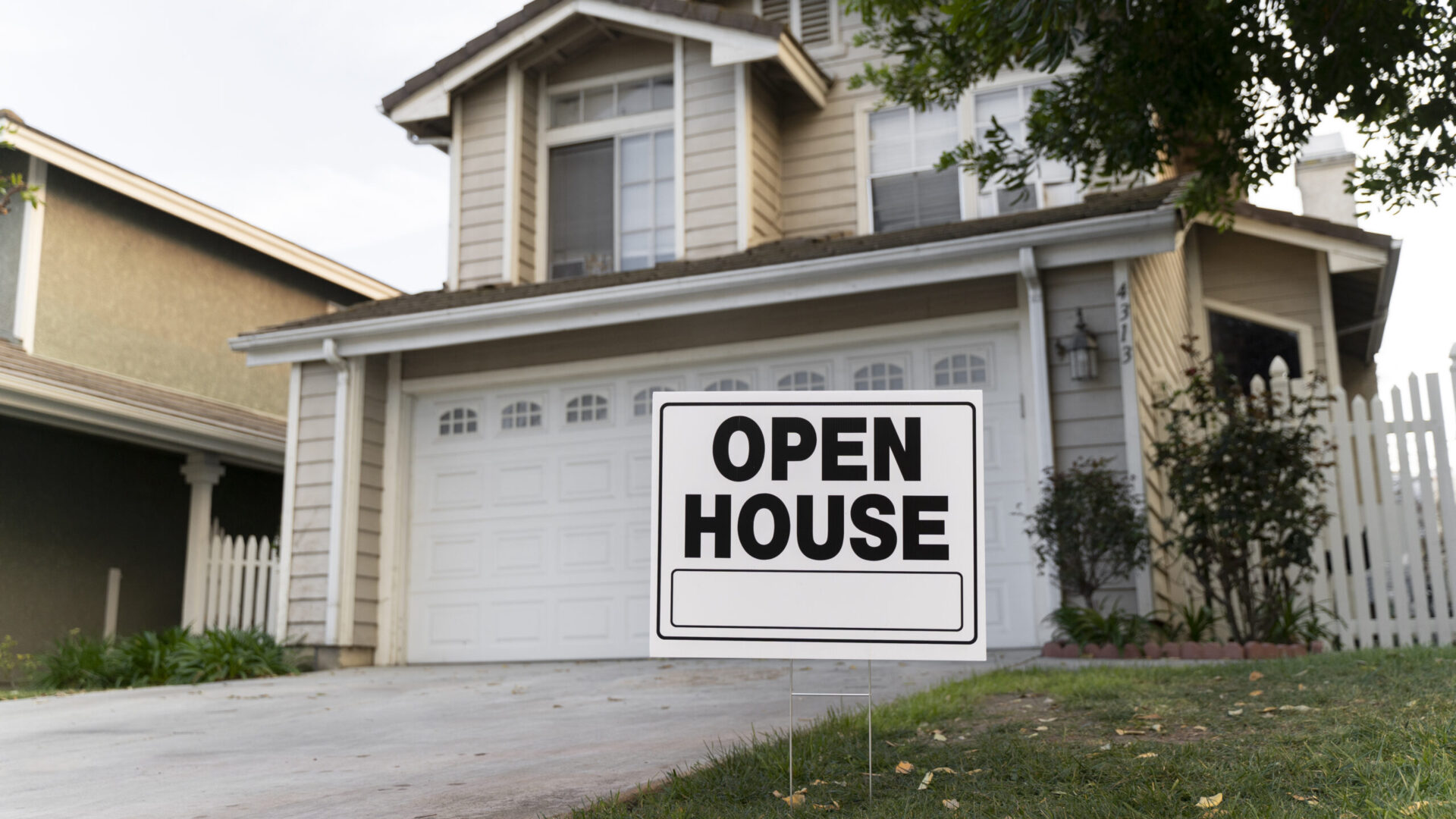The process of buying a home is exciting but also fraught with complexities. As you embark on this significant financial and emotional investment, one of the initial steps you’ll take is attending open houses. These visits are not just casual walk-throughs but strategic opportunities to gather invaluable insights about the properties and the neighborhoods you’re interested in. While the aesthetics of a home—such as its design, spaciousness, and natural light—are obviously important, they only scratch the surface of what you need to know.
To ensure that you make an informed decision, there are key questions you should ask during an open house. To guide you through this important stage, we’ve prepared a cheat sheet of 10 essential questions to help you amass all the necessary information.
1. How Long Has the House Been on the Market?
The duration for which a house has been on the market can give you insights into its desirability and potential drawbacks. If the house has been up for sale for an extended period, it might either be overpriced or have hidden issues. On the other hand, if the house is newly listed, you might face more competition from other buyers.
2. Are There Any Pending Offers?
Knowing whether there are any pending offers can help you gauge how urgently you need to make a decision. If there are multiple offers, you may need to act quickly and even consider making an offer above the asking price. If there are no offers, you might have more room for negotiation.
3. What Is Included in the Sale?
Don’t assume that all the fixtures and fittings you see during the open house come with the property. Ask explicitly what is included in the sale—from appliances to light fixtures, and even outdoor furniture. The answer can vary widely from one property to another and may impact your decision to buy, or the price you’re willing to pay.
4. Have There Been Any Major Repairs or Renovations?
Understanding the home’s repair and renovation history can give you an idea of its current condition, and what might be required in the future. Ask for details about the age of the roof, plumbing, electrical systems, and major appliances. This information is essential for estimating potential future expenses.
5. What Are the Utility Costs?
While mortgage calculators can give you an idea of your monthly payments, they often don’t include utilities. Knowing the average cost of utilities can help you budget more accurately and decide if a property is truly within your financial means.
6. Is There a Homeowners Association (HOA)?
If the property is part of a Homeowners Association, it’s crucial to understand their rules, as well as monthly or annual fees. Some people appreciate the orderliness and amenities provided by an HOA, while others find them restrictive.
7. What’s the Neighborhood Like?
Your quality of life in your new home will be impacted by the surrounding neighborhood. Inquire about local schools, nearby amenities, and community vibe. If possible, visit the area at different times of the day to get a well-rounded understanding.
8. Are There Any Known Issues or Disclosures?
Sellers are usually legally required to disclose known issues with the property, such as a history of flooding, the presence of lead paint, or structural problems. However, it’s always prudent to ask directly to ensure you’re making an informed decision.
9. What Is the Seller’s Timeline?
Knowing the seller’s timeline can give you an edge in negotiations. If the seller is in a hurry due to a job relocation, for example, they may be more willing to negotiate on the price. Conversely, if they are waiting to close on another home, they may need more time before the sale can be finalized.
10. How is the Property Zoned?
Zoning laws can greatly impact how you can use the property. If you’re planning to make any changes or additions, like building a guest house or starting a home-based business, you’ll need to know what is legally permissible.
While the open house is a chance to physically experience a property, it’s also an invaluable opportunity to collect crucial information. By asking the right questions, you not only gain a deeper understanding of the home’s condition and value but also position yourself as an informed buyer capable of making a wise investment decision.
Don’t underestimate the power of being informed. Leverage this cheat sheet as you navigate open houses, and you’ll be better prepared to find the home that’s just right for you.
By diligently gathering this information, you can make a comprehensive assessment that goes beyond the surface, allowing you to make a home-buying decision with confidence and peace of mind. Happy house hunting!


